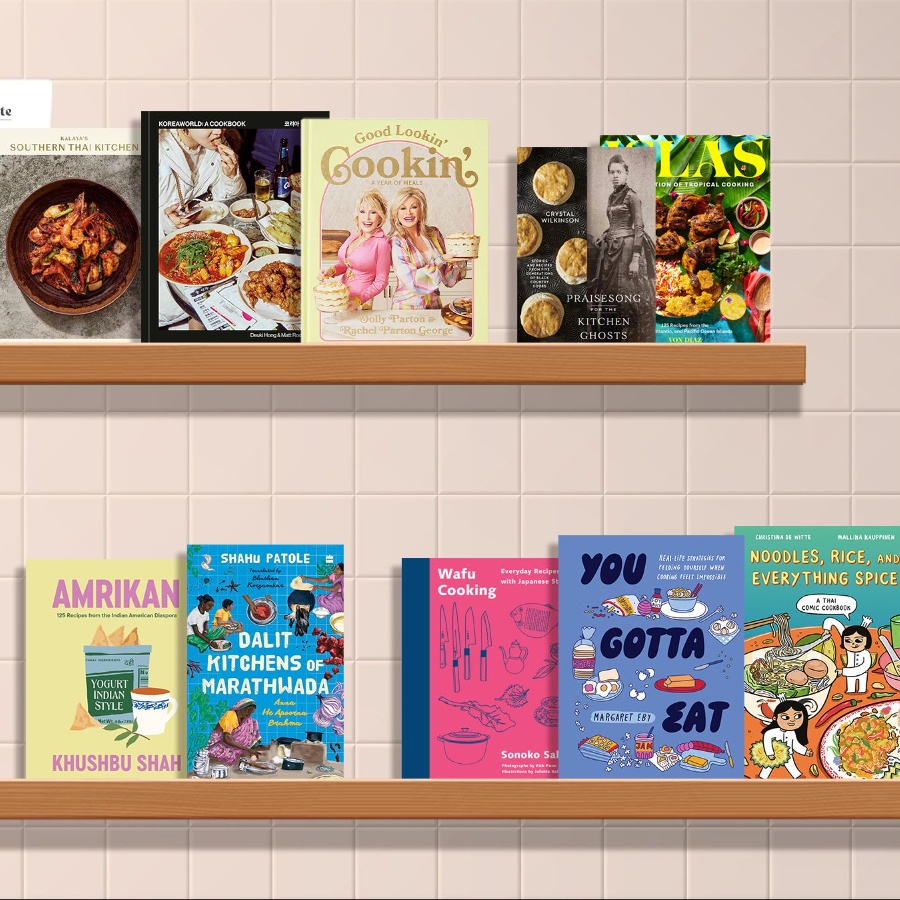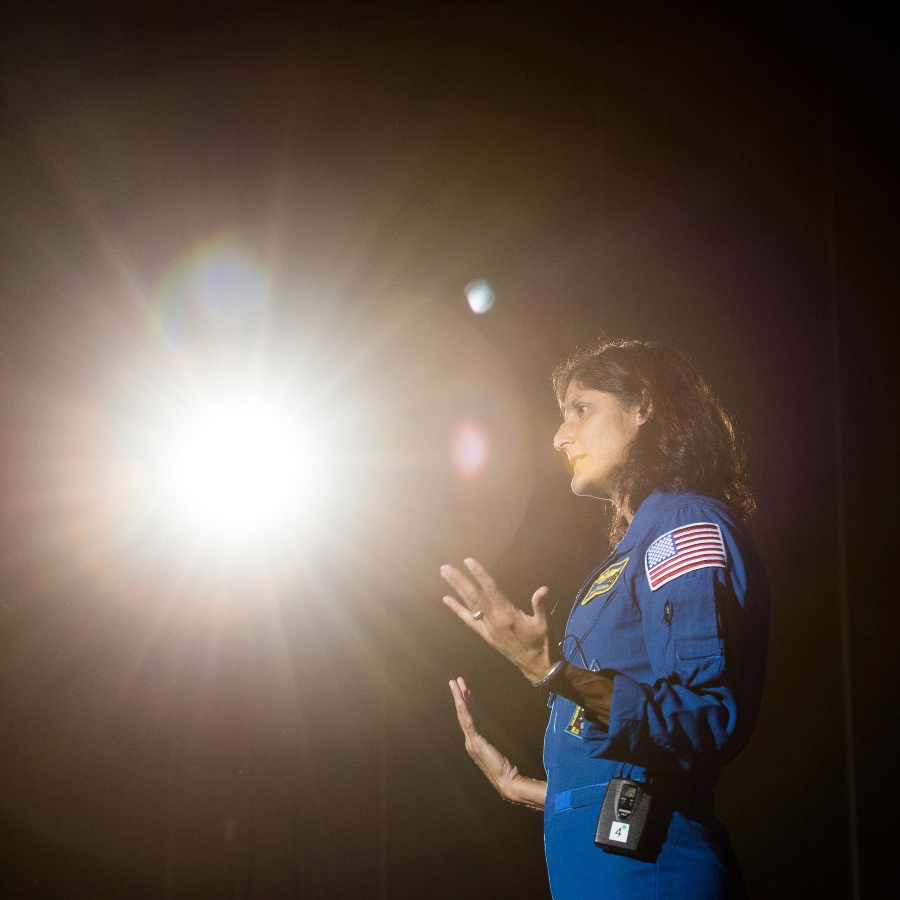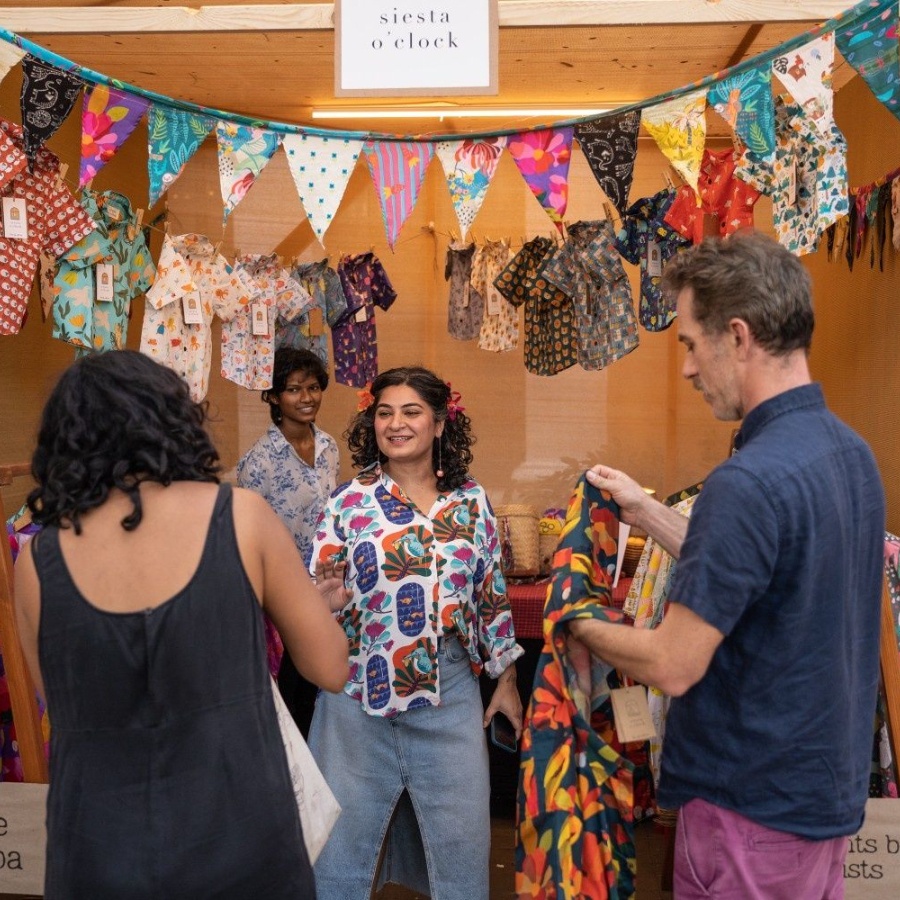Next to my own country, India, there is no place in the world that has been more important to my development as a writer than Egypt. It is now nearly twenty-eight years since I first landed in Cairo on 19 April 1980: I was then twenty-four years old, and I had come to explore what was to me a new—but not entirely unknown—world. The immediate pretext for my journey was research: a short while earlier, I had won a scholarship that took me from Delhi University to Oxford to study social anthropology. My dream was of writing fiction, but like many an aspiring novelist, I felt I lacked the necessary richness of experience. The writers I admired—V.S. Naipaul, James Baldwin and others—had gone out into the world and watched it go by: I wanted no less for myself. The scholarship was a godsend because it allowed me to choose where I wanted to go, and in my case that was Egypt.
Through the good offices of Dr. Aly Issa, an eminent anthropologist from Alexandria, I was soon installed in a small village in the Governorate of Beheira, near the town of Damanhour: in my book In an Antique Land, I give this village the name ‘Lataifa’. My home there consisted of a recently-vacated chicken coop on the roof of a mud hut; at the time there was no electricity in the village, although there was, as I recall, a supply of piped water. Lataifa and I were undeniably a shock to each other. There was the question of language to begin with: I spoke very little Arabic, and what I knew was of a laboriously classical variety. Thus, even simple operations such as asking for water could cause great outbursts of laughter.
In the process, however, my hosts and I discovered one medium of communication where we were on equal terms: this was the language of aflaam al-Hindeyya—that is to say, Hindi film songs. When all other efforts at communication broke down, we would burst into song—this was no small accomplishment on my part as I am a terrible singer. But many of the younger people in the village sang very well and knew innumerable Hindi songs. Indian filmi music thus became a shared language and opened many barriers and earned me many invitations to meals.







